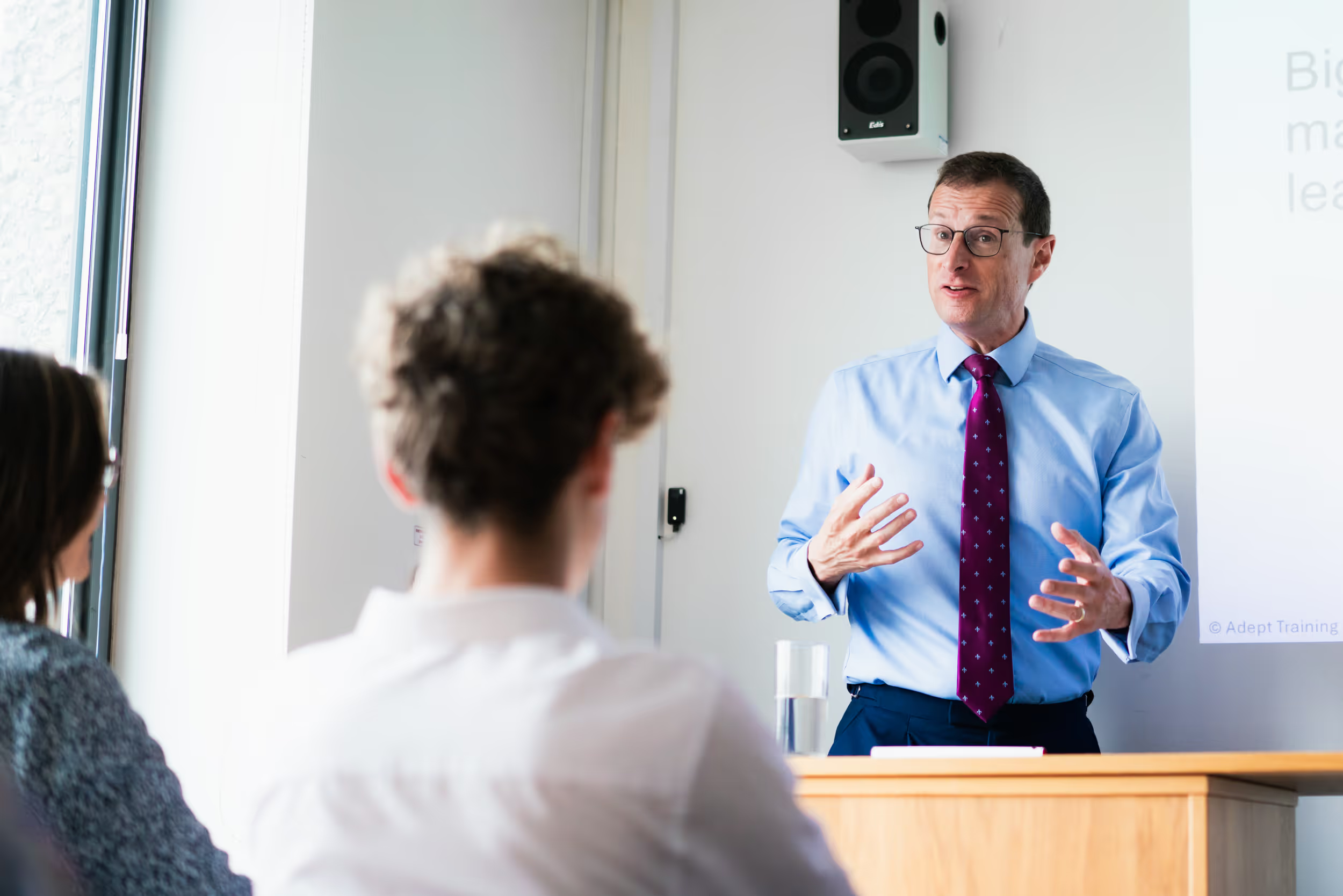
Blog
Are you curious about how AI is re-shaping business, finance and accountancy?
I get very excited by my research and am eager to share my thoughts in my blog! You can see my latest posts below or follow me on LinkedIn.
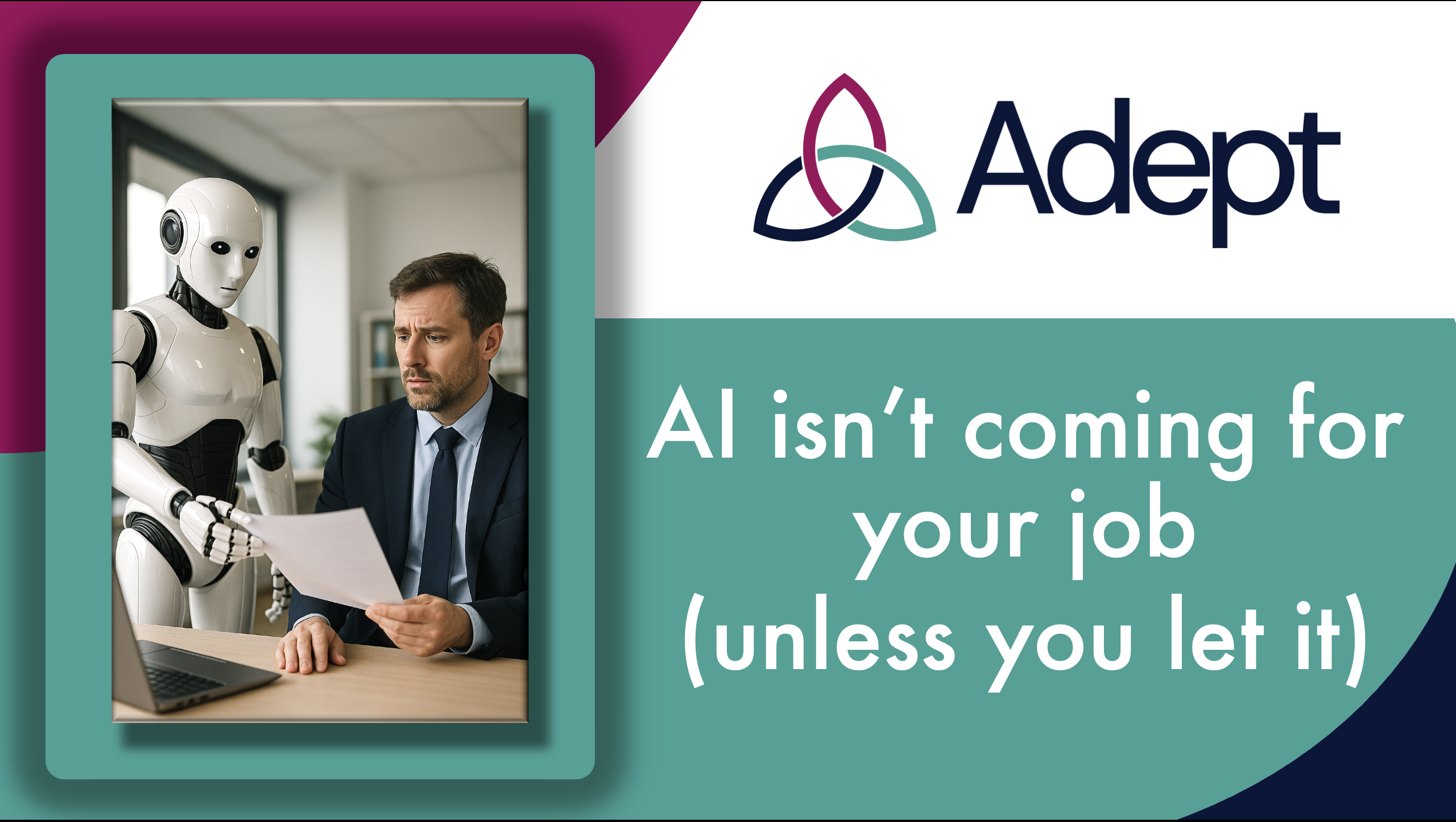
AI isn't coming for your job (unless you let it)
Please don't listen to people who tell you that AI is going to put you out of a job!
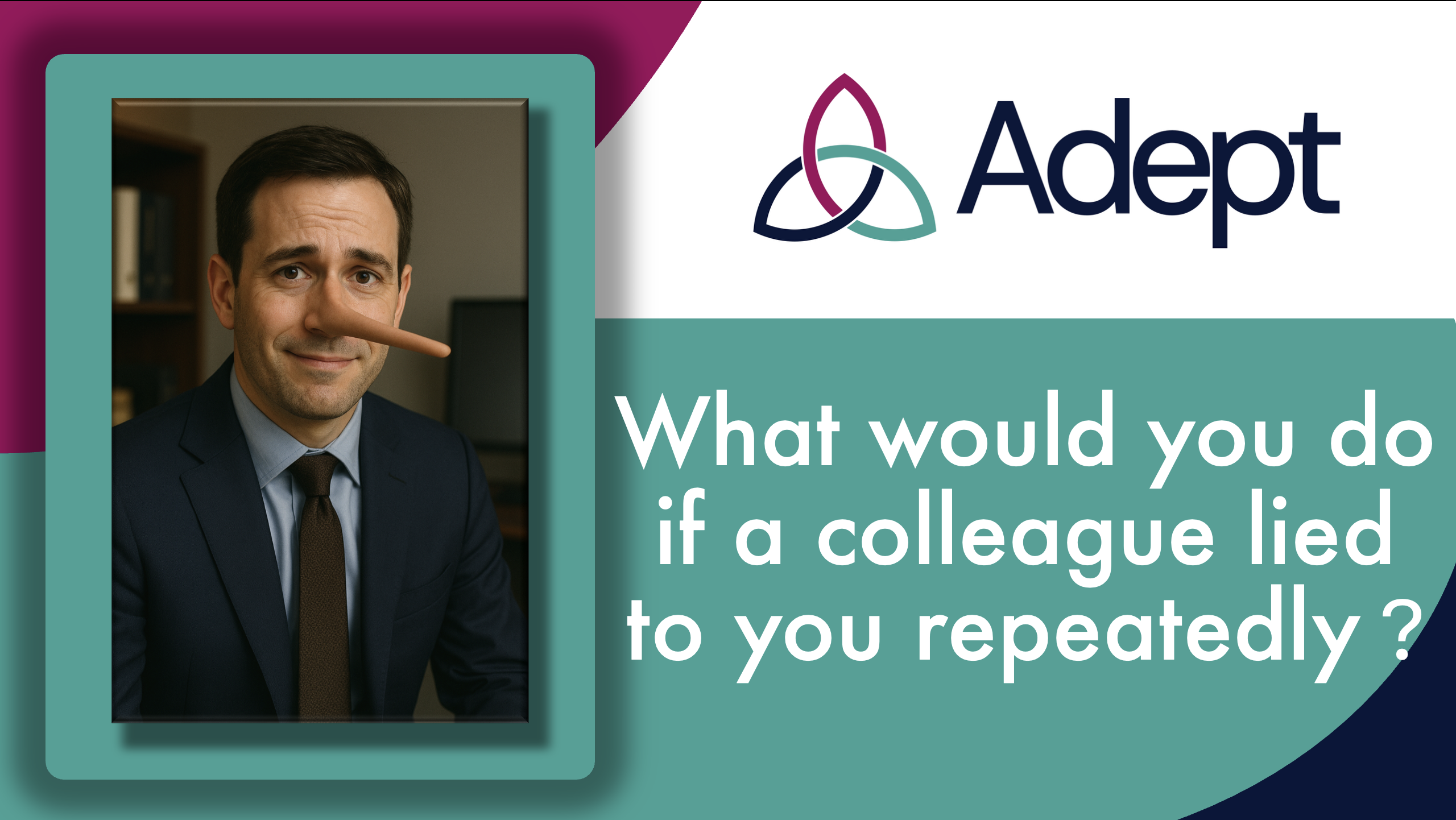
What would you do if a colleague lied to you repeatedly?
Would you continue to work with them?
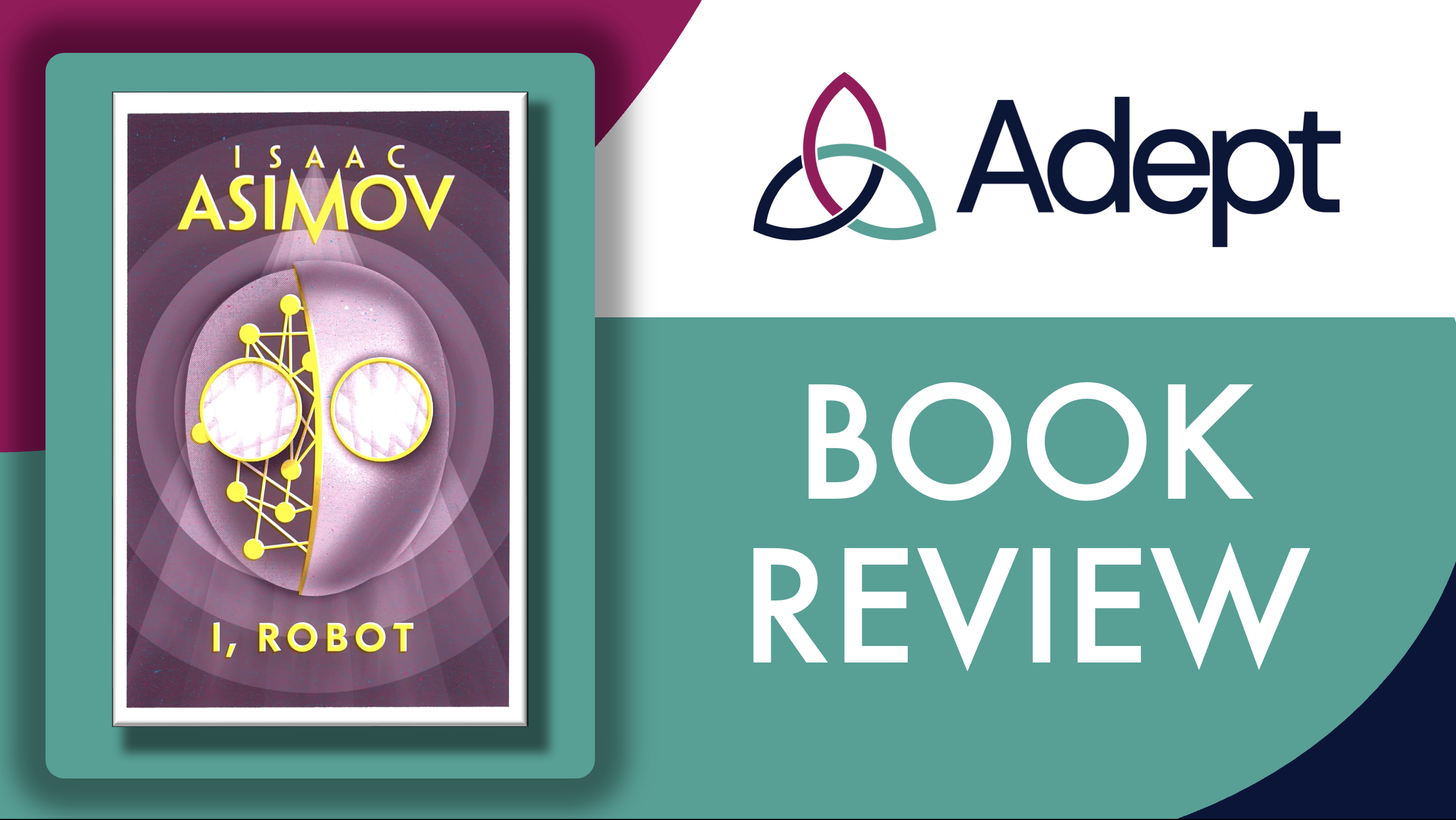
What happens when machines follow the rules and still get it wrong?
Book review: 'I, Robot' by Isaac Asimov
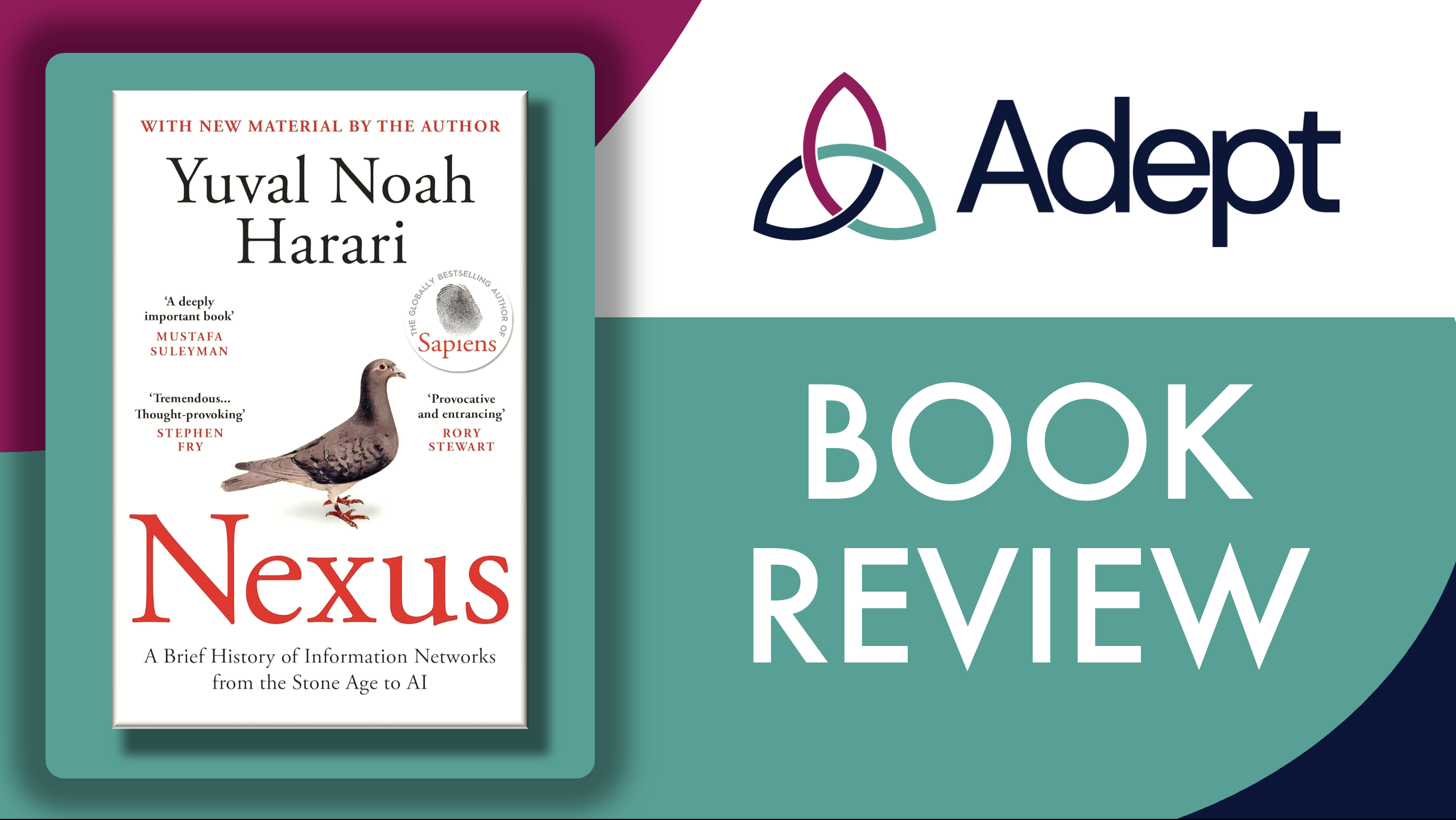
The information crisis behind the AI revolution
Book review: 'Nexus' by Yuval Noah Harari
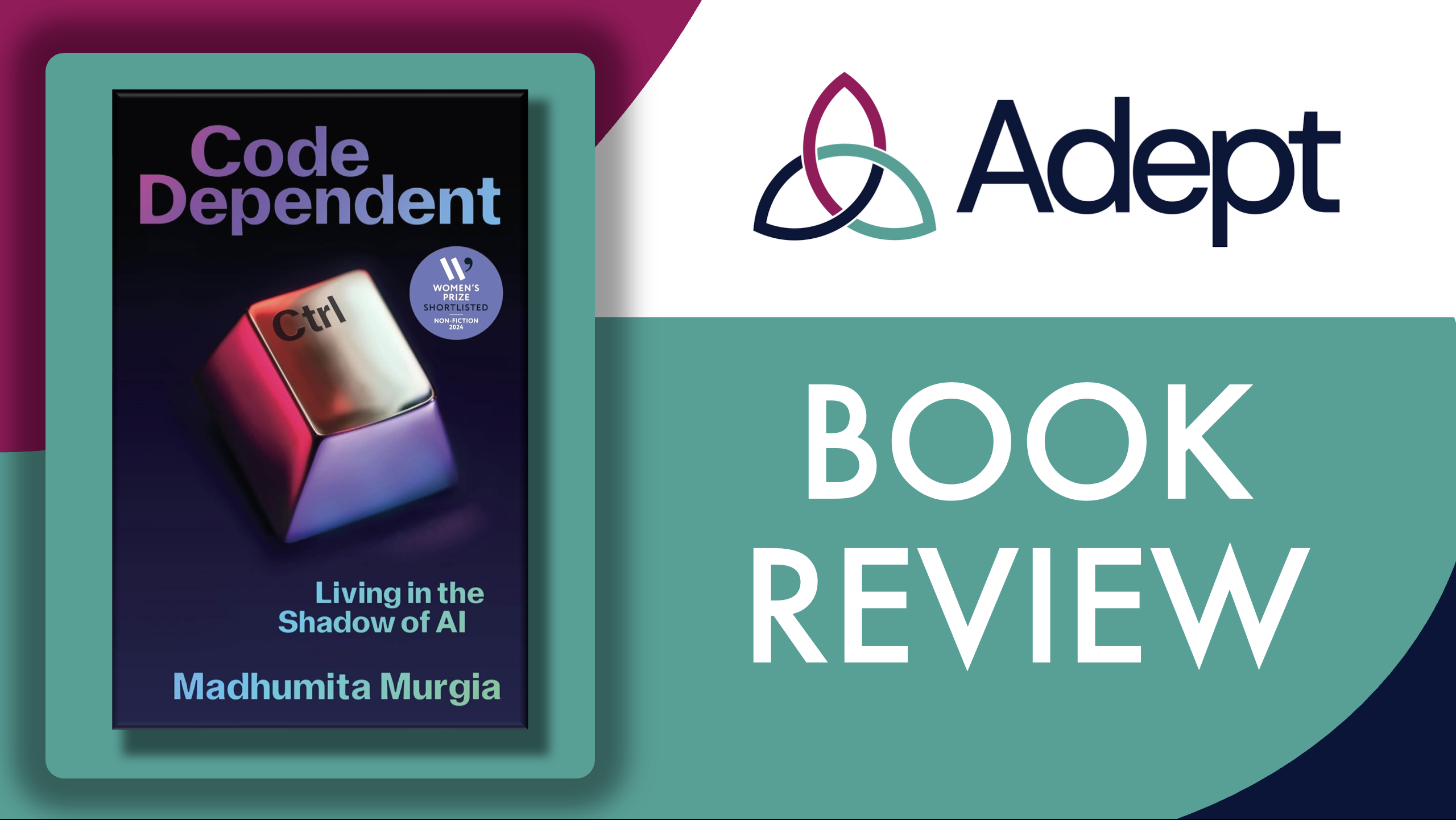
What happens when an algorithm goes wrong and no one is held accountable?
Book review: 'Code Dependent' by Madhumita Murgia
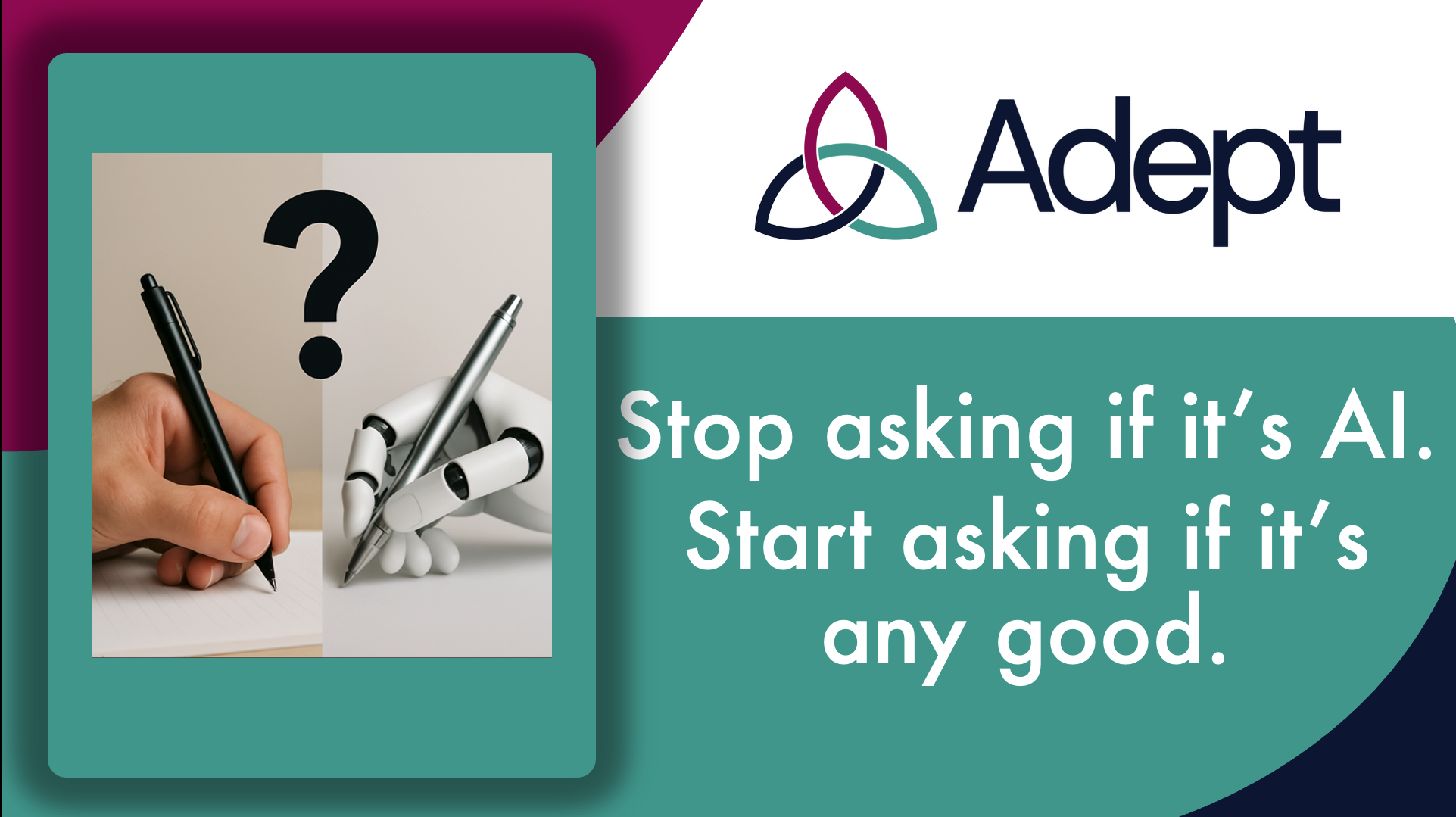
Stop asking if it's AI. Start asking if it's any good
Is it AI or human? Why does it matter?
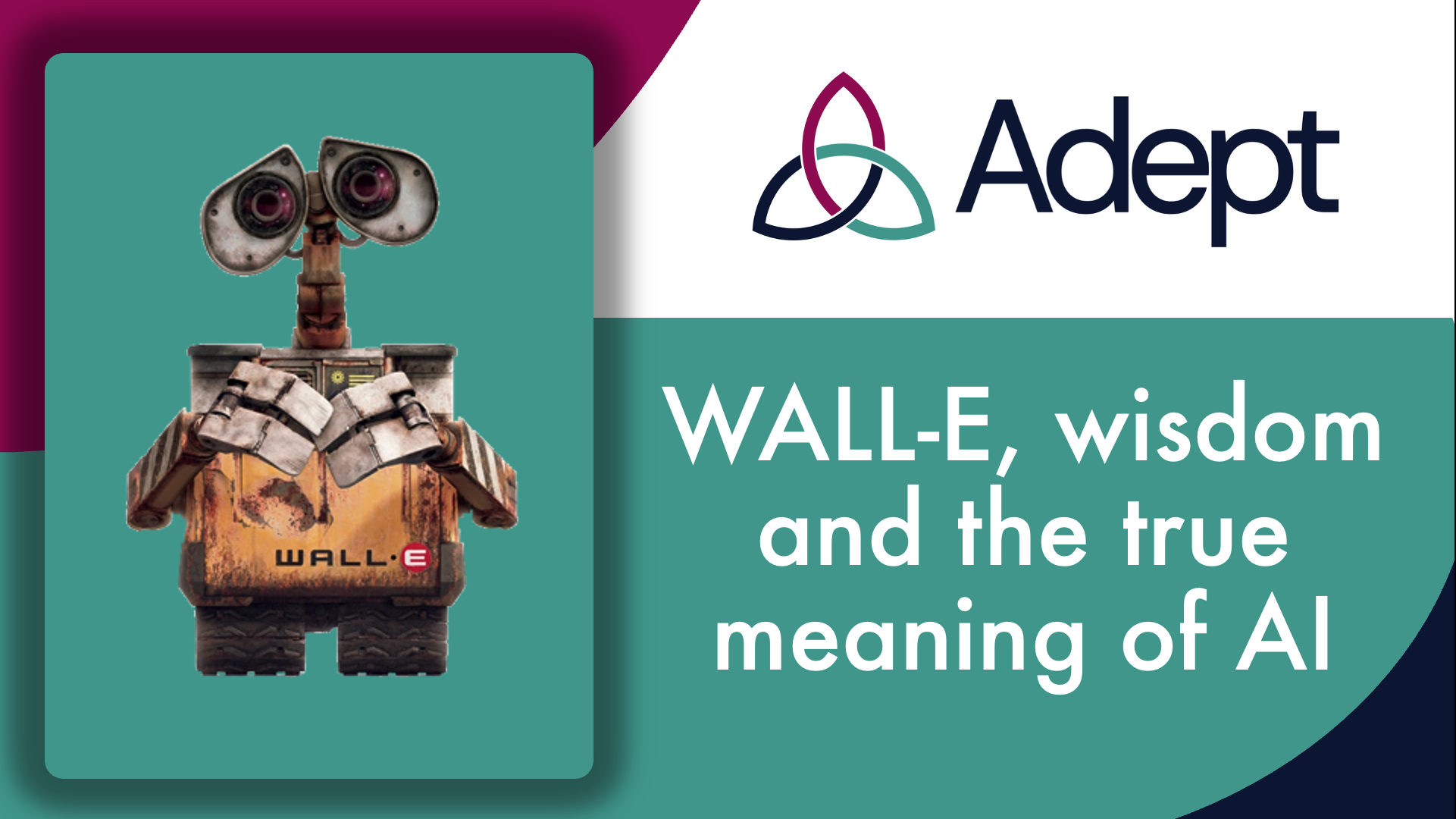
WALL-E, wisdom & the true meaning of AI
Is your software really "AI-enabled"?
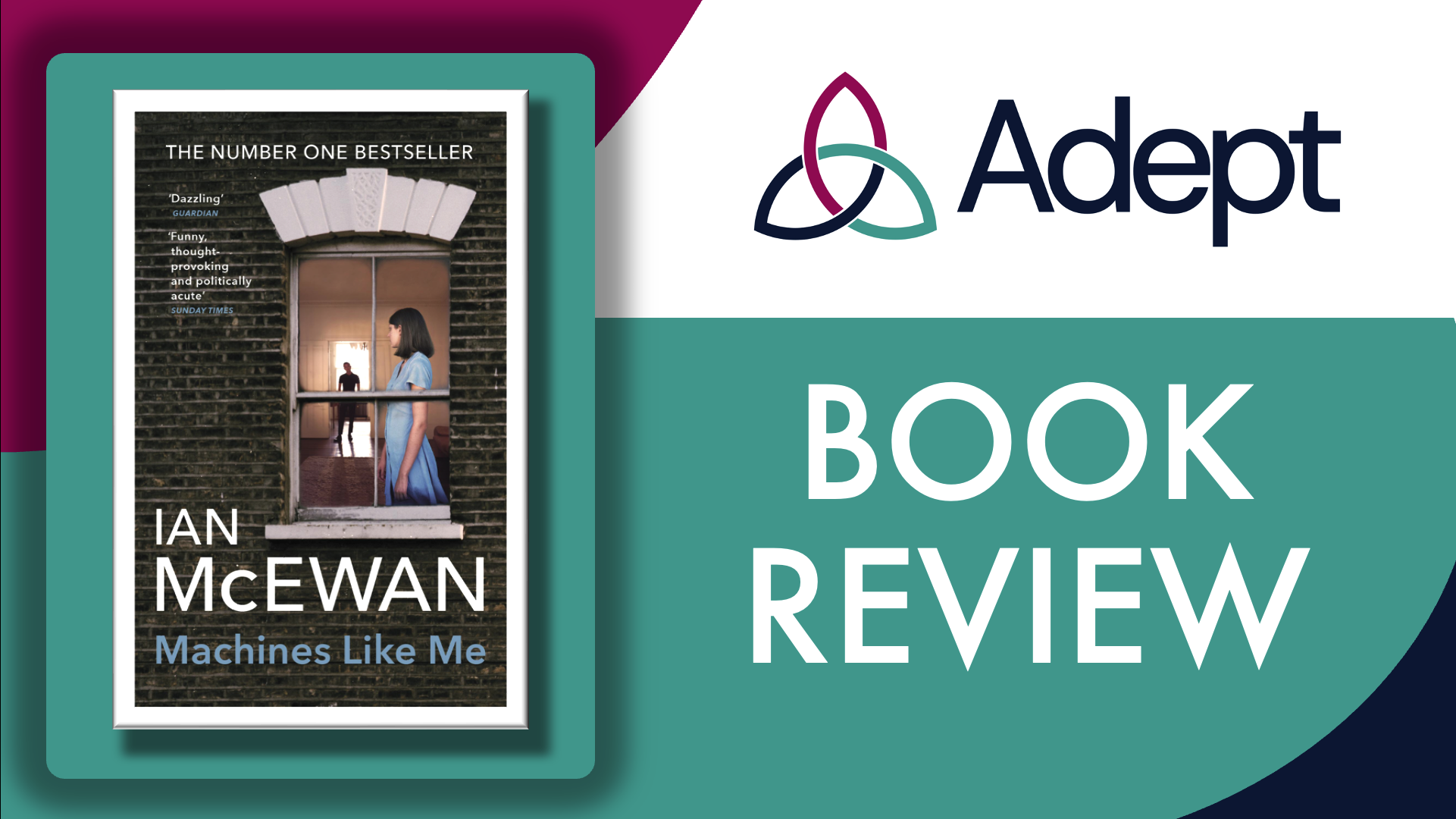
Will AI ever truly replicate a human?
Book review: "Machines Like Me" by Ian McEwan
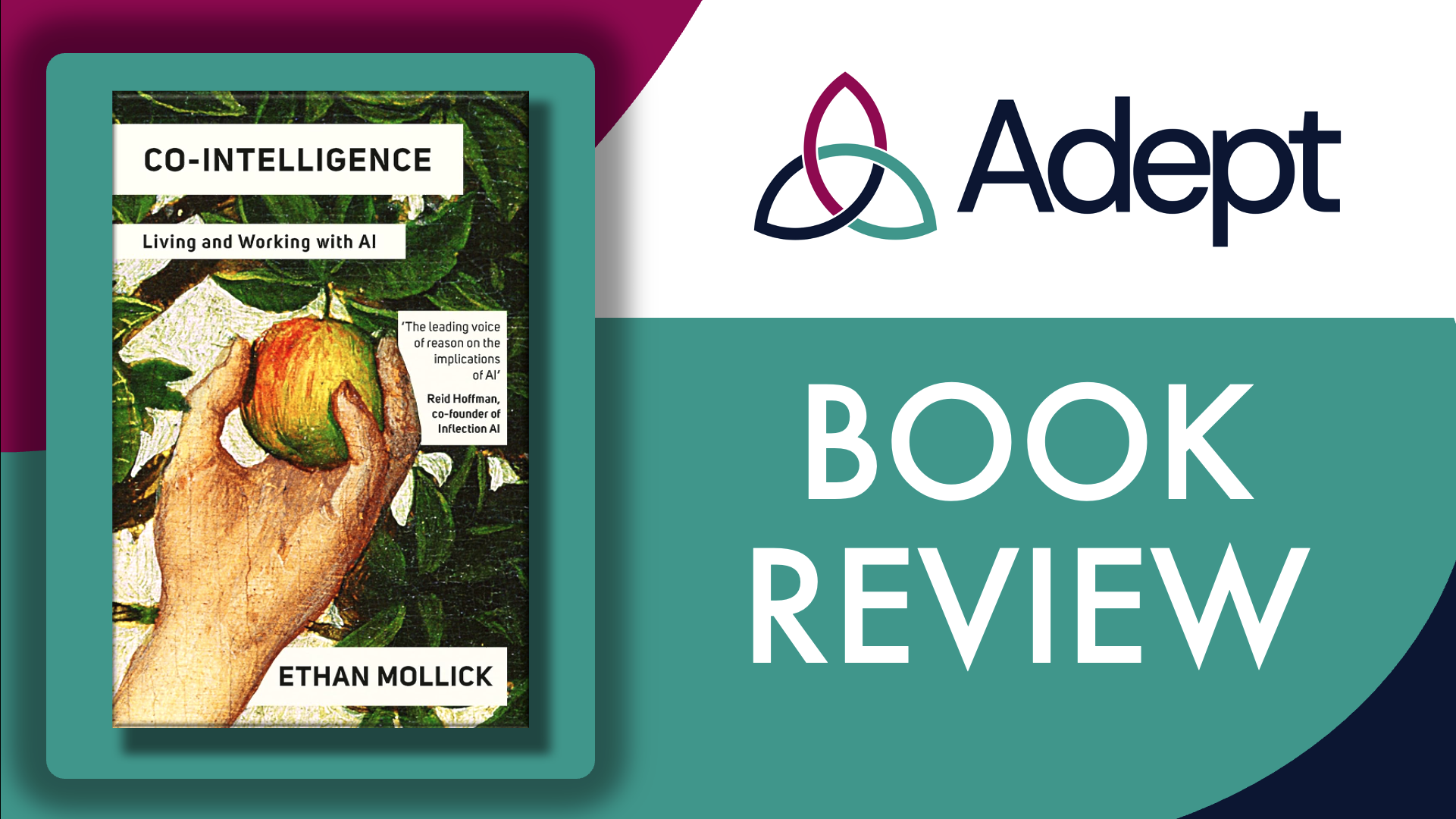
AI isn't a cyborg - it's a centaur!
Book review: 'Co-Intelligence' by Ethan Mollick
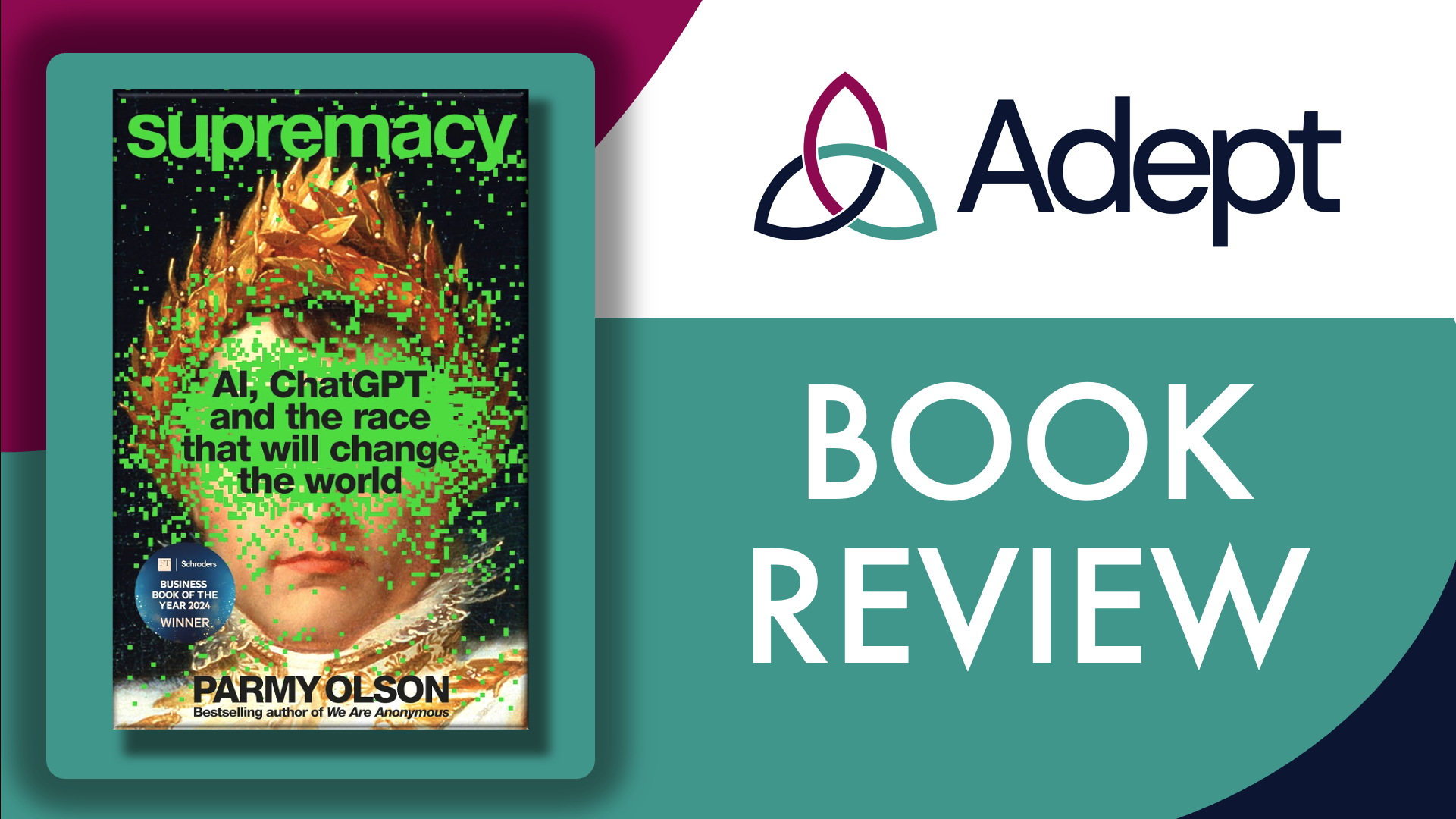
Has AI’s potential been compromised by corporate greed?
Book review: 'Supremacy' by Parmy Olson
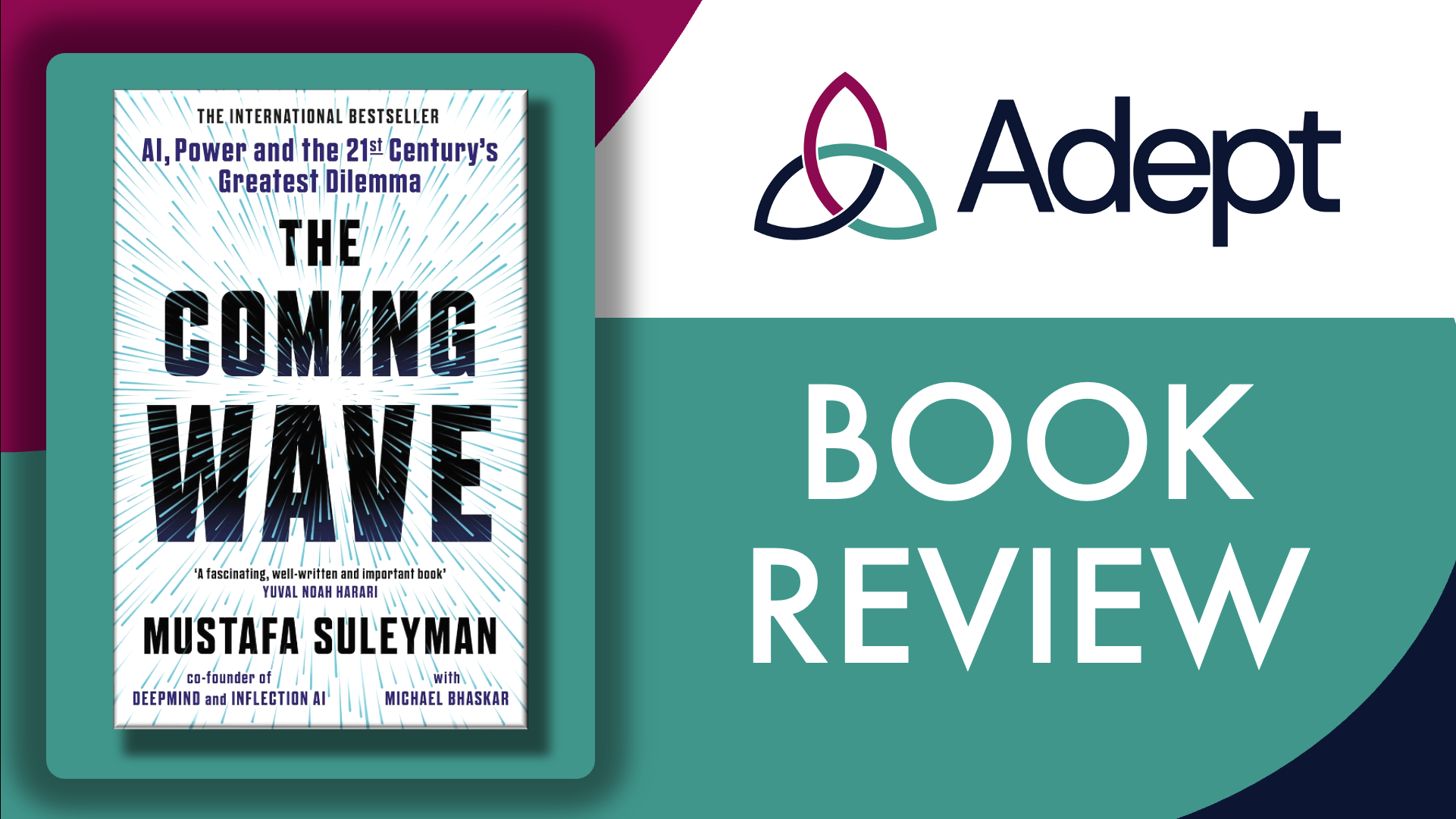
AI is coming - are you ready?
Book review: 'The Coming Wave' by Mustafa Suleyman

Will AI ever replace human emotions?
Book review: 'Klara and the Sun' by Kazuo Ishiguro
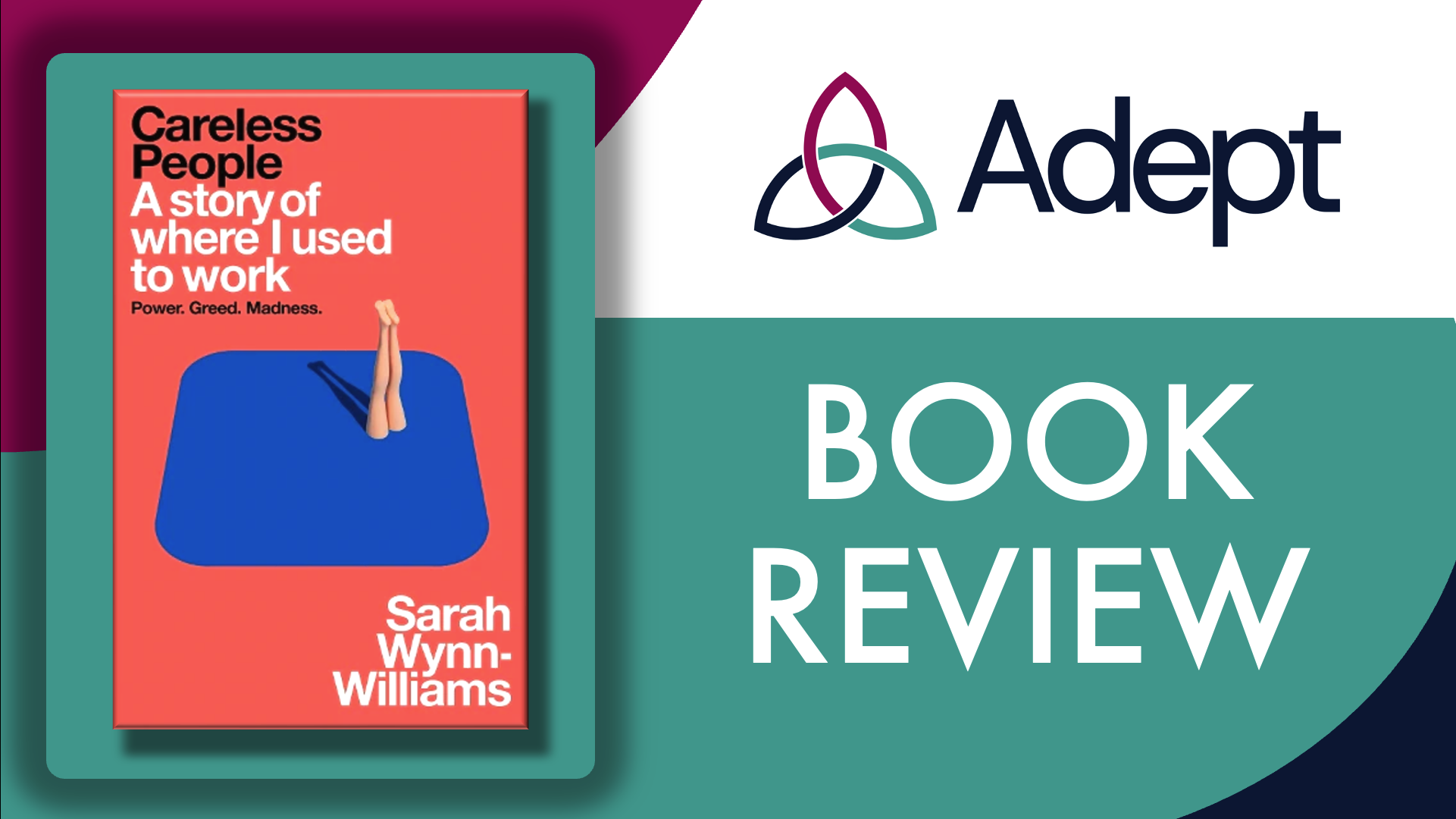
Are you looking for something 'darkly funny and genuinely shocking'?
Book review: 'Careless People' by Sarah Wynn-Williams
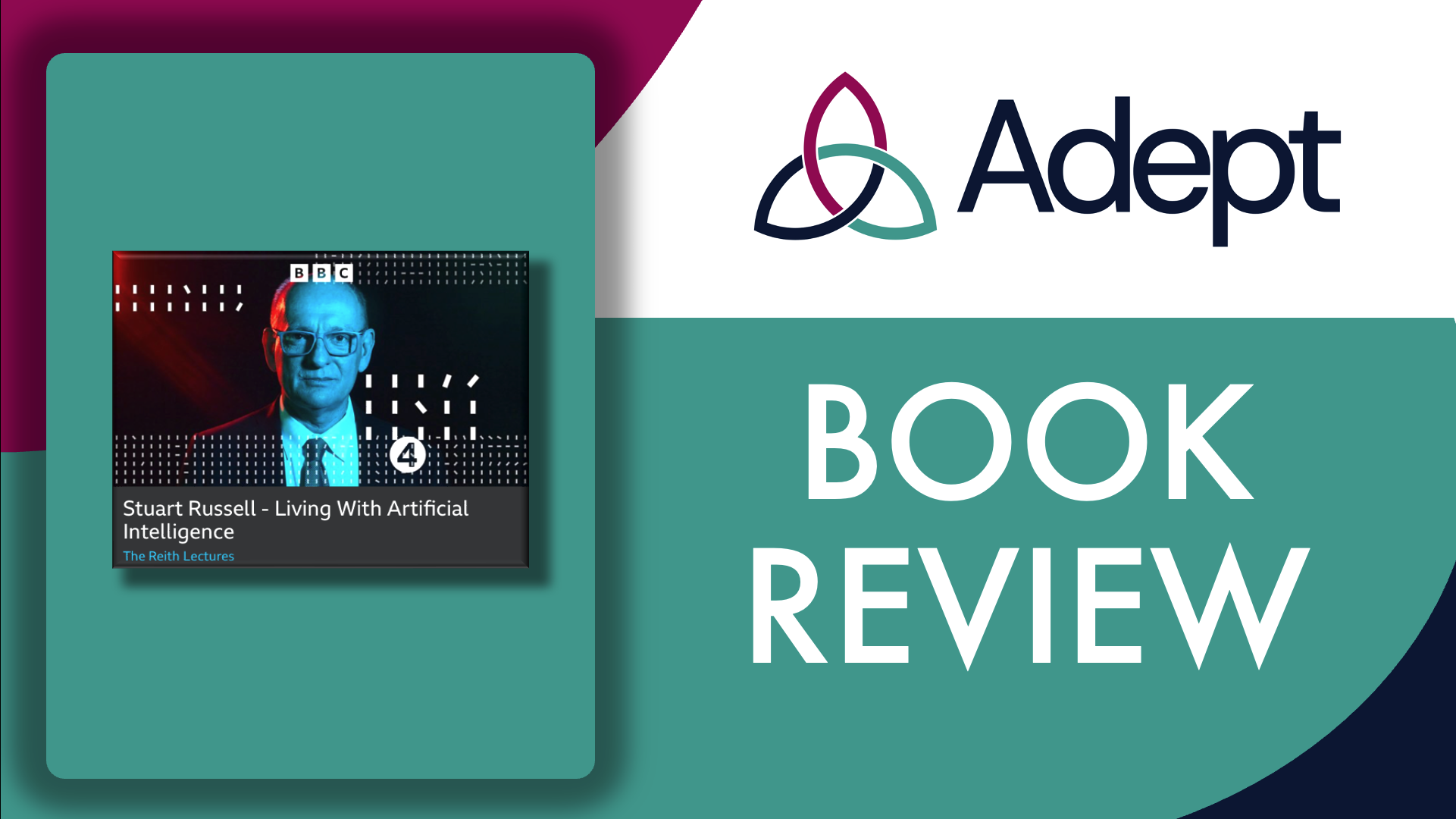
Is AI 'the most profound change in human history?
Book review: 'Living with AI' by Stuart Russell
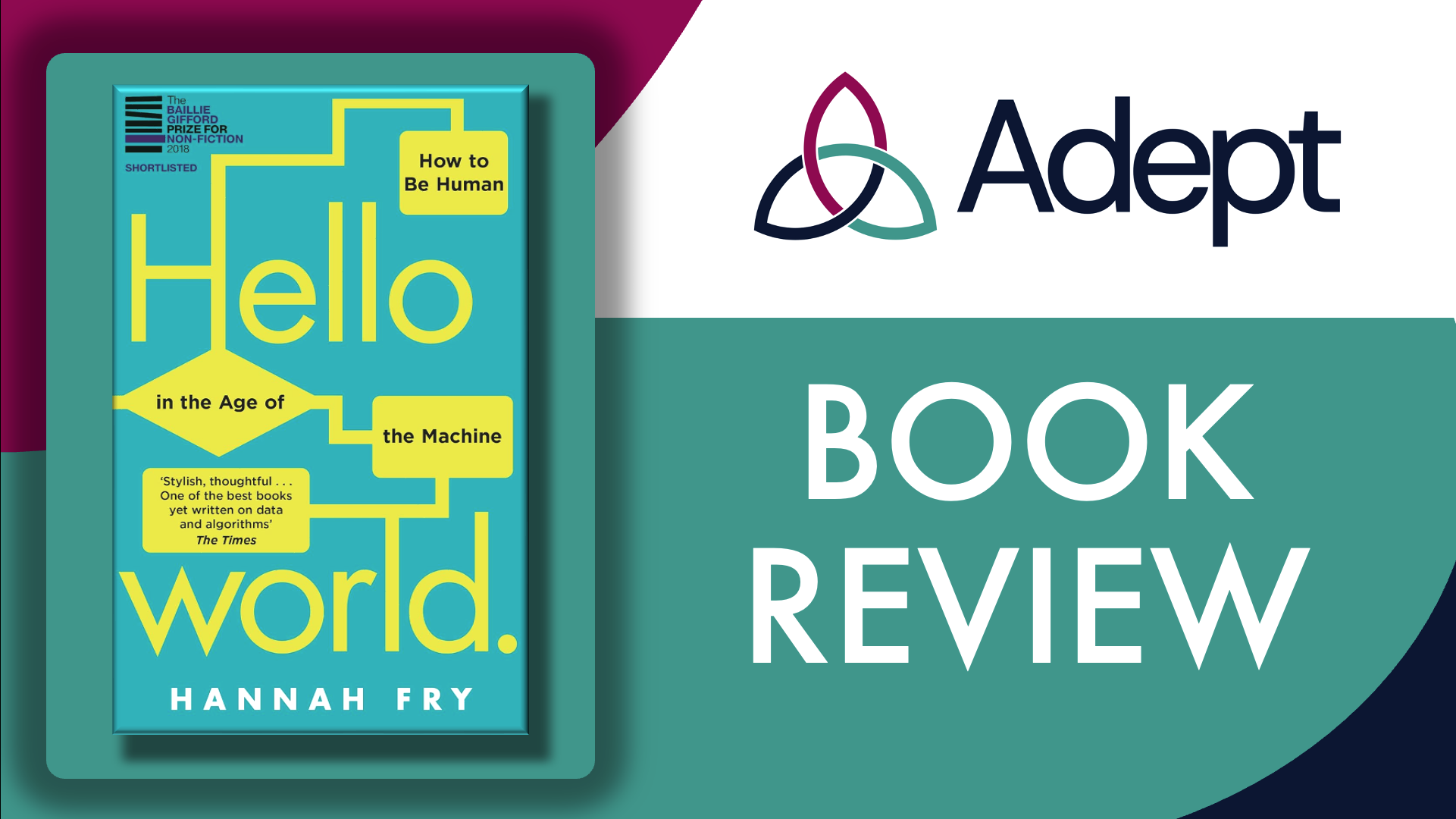
Can we trust AI to make better decisions than a human?
Book review: 'Hello World' by Dr Hannah Fry
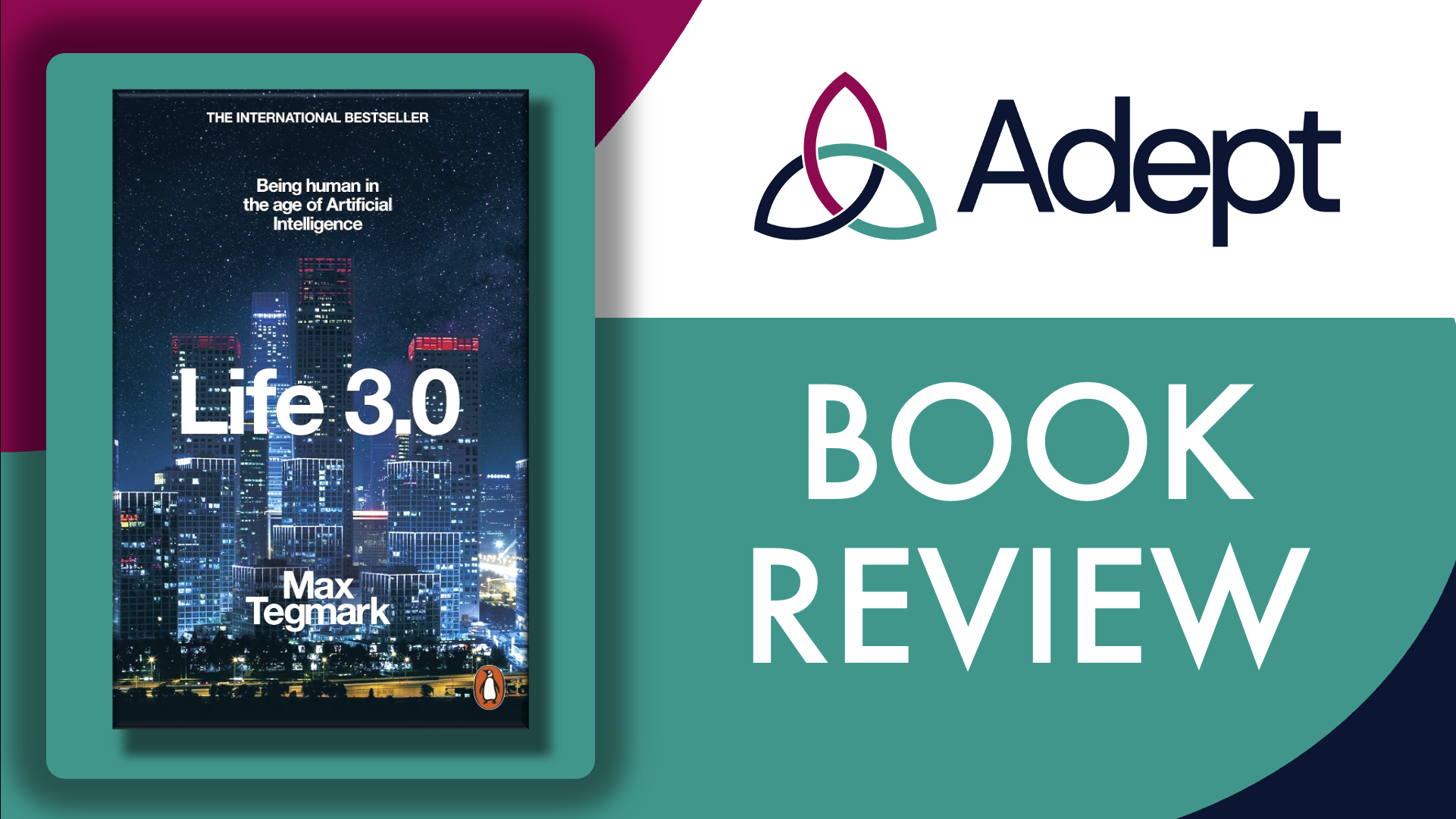
Are humans shaping the evolution of AI, or is AI shaping the evolution of humans?
Book review: 'Life 3.0' by Max Tegmark
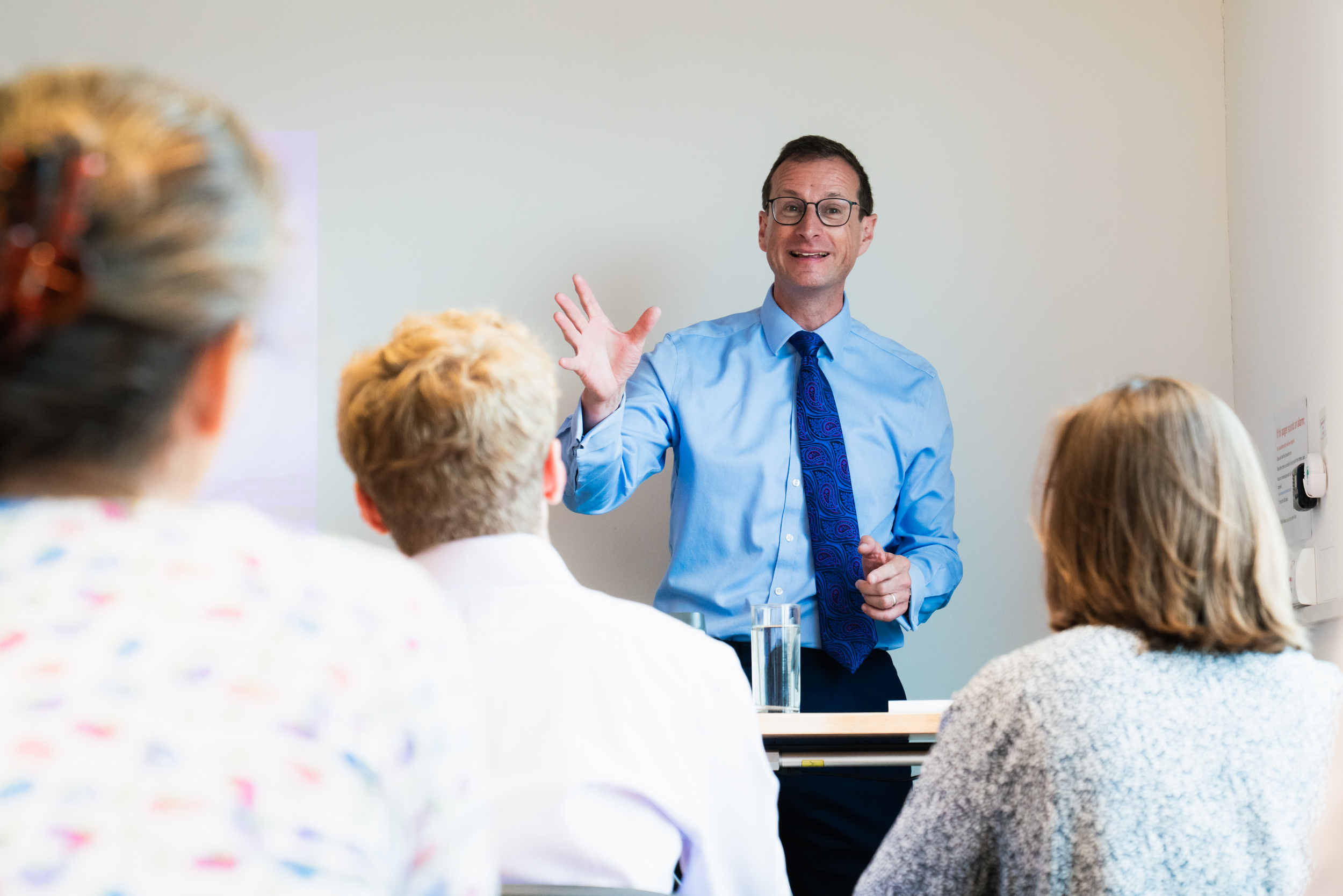
I'd like to share my passion for AI with you...
Get in touch
I am based in Bristol, UK, but travel nationally and internationally to deliver my courses.
.avif)
